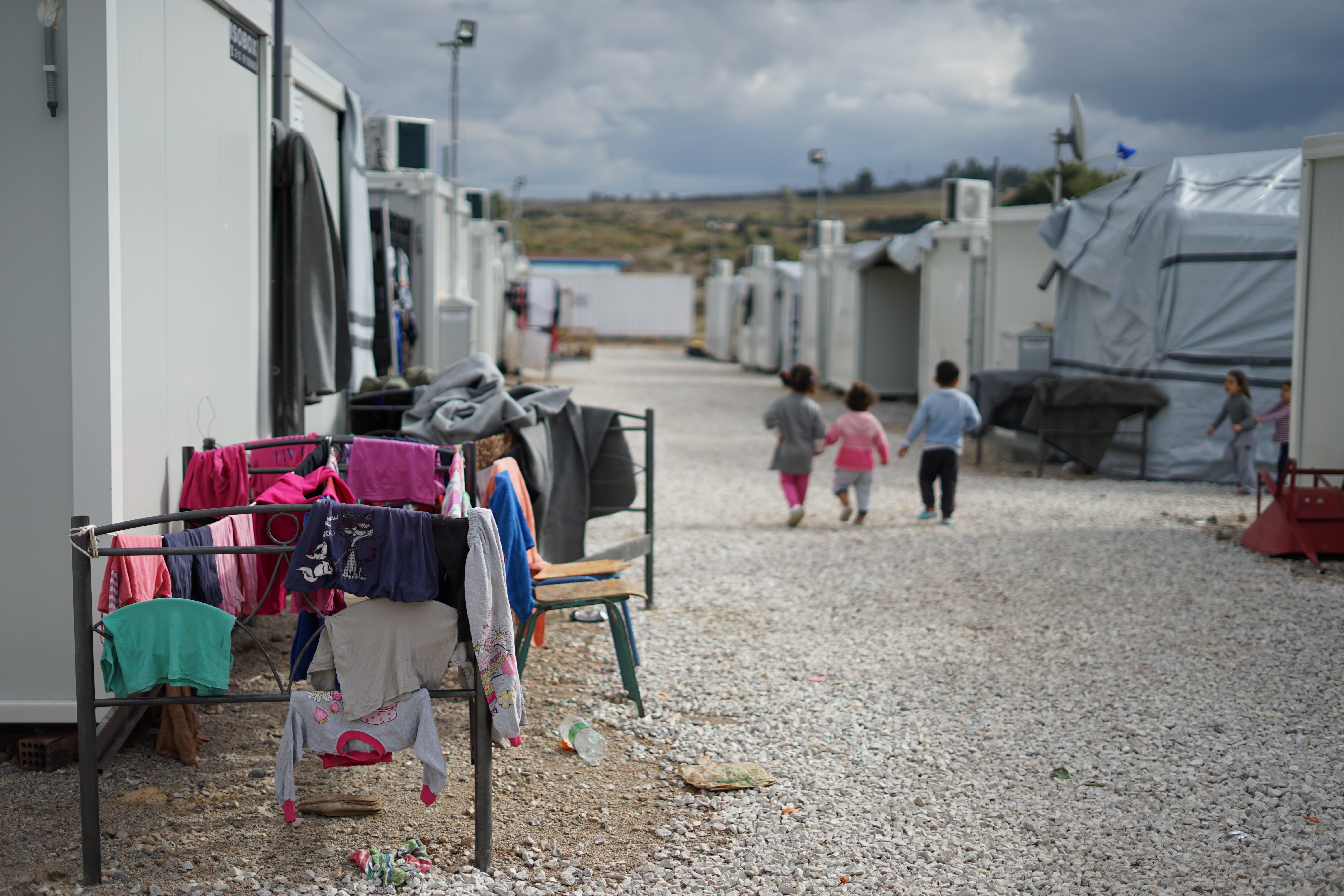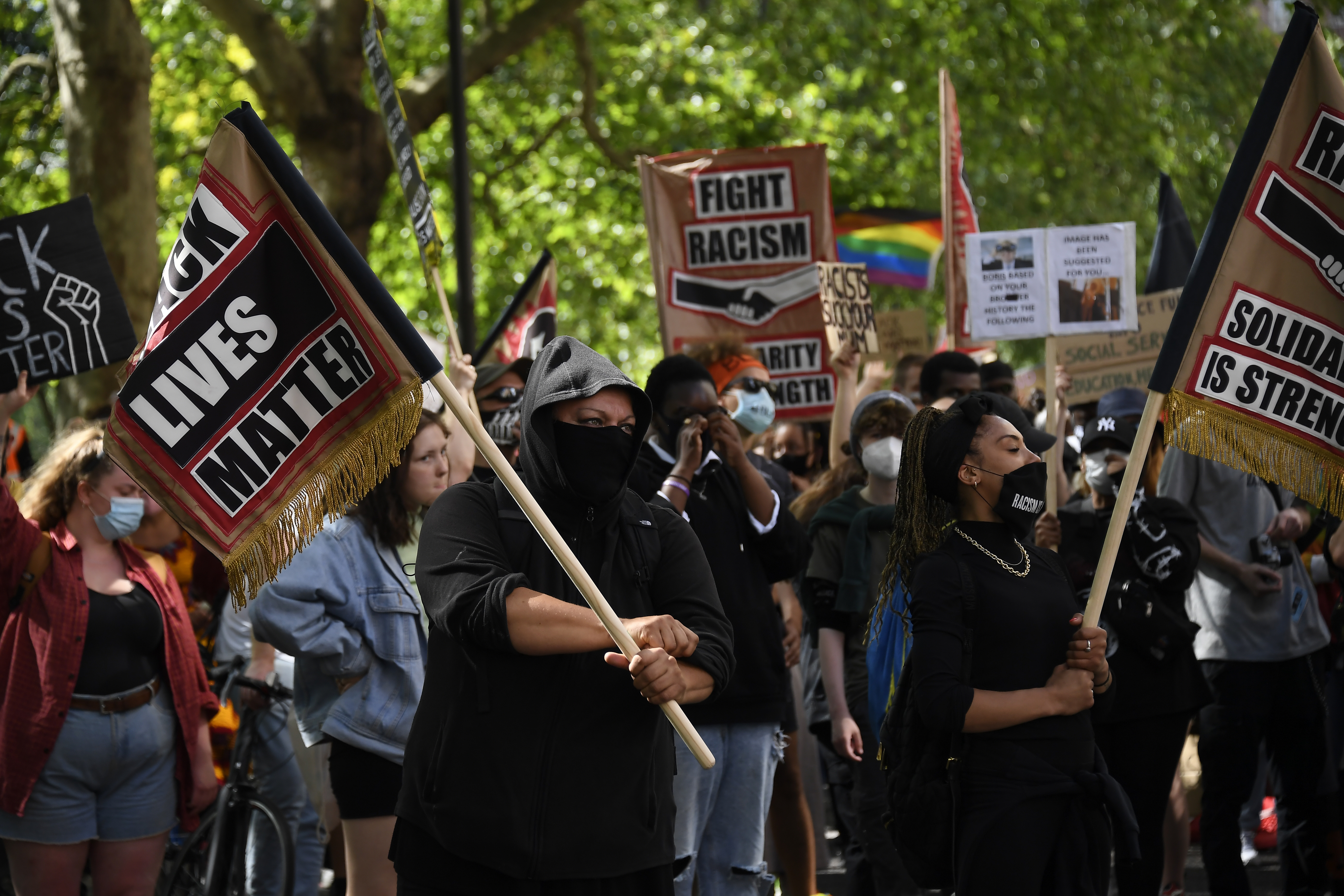
Image: Unsplash
Becca Challis interviews Andrew Hughes, secretary general of the Press Database and Licensing Network (PDLN) and founding member of the Newspaper Licensing Agency (NLA).
National print newspaper sales have fallen by two-thirds in the last twenty years. In 2020 alone, global circulation revenues were down by $6.5 billion [£4.6 billion] and advertising fell by $8 billion [£5.7 billion]. It’s no wonder that a dark cloud hangs over the global press, as publishers contemplate how to survive in a digital age.
One saviour, however, has been newspaper and magazine licensing. In the UK we have, for some time, had a licensing model for businesses and organisations monitoring news through the Newspaper Licensing Agency (NLA), requiring companies to pay for licenses to copy or distribute content.
This practice used to be known as a clippings service, originating in London in 1852, after actors, writers, musicians and artists would visit a Polish newsagent, Romeike, to look for articles about themselves in his huge stock. He began a service to collect these clippings for them. Media monitoring, as the clippings industry is now called, is worth $3 billion [£2.1 billion], set to grow to $7.25 billion [£5.14 billion] by 2028.
This is great news for newspapers. Through its licensing, the NLA sends around £50m to UK newspapers annually – a life raft in current times. However, in the digital age, this system could be expanded further. It currently does not apply to the advertising revenue that Google and Facebook receive from news sharing on their platforms. For every $100 of online advertising spend in 2020, $53 went to Google, $28 to Facebook and $19 to everyone else. This loss of advertising revenue is occurring across the world, and forcing media organisations to offset losses through subscriptions.
In December 2020, the world watched while Australia announced landmark legislation to force tech giants Google and Facebook to pay media companies to use news content on their platforms, sharing the ad revenues generated from it.
XCityPlus spoke to Andrew Hughes, secretary general of the Press Database and Licensing Network (PDLN) and founding member of the NLA to get his take on the future of news against tech giants and where licensing can help.
What is the NLA?
The newspapers (Financial Times, The Guardian, ESI Media, News International, Associated Newspapers, Trinity Mirror, Northern & Shell and The Daily Telegraph) got together quite some time ago (1996), and created a system to give businesses permission to make copies of newspapers, which is the NLA. Most structured monitoring is perfectly natural and normal, but also something which newspapers should share in the proceeds. There’s also a parallel organization called the CLA [Copyright Licensing Agency] which deals with books and magazines.
How can we address the shortfall in newspapers’ revenue caused by the defunding of news through Facebook and Google?
NLA licenses are very carefully designed not to address the Google and Facebook elements – that’s something newspapers would rather do on their own. Web makes life complicated for everyone and it creates opportunities for everyone. Every business has to respond in the way they see fit. The NLA was one of the first to react and respond, looking internationally and has adapted its model to the web, charging for web monitoring licenses.
Clearly at a wider level newspapers are fundamentally challenged by the transition to web publishing, because advertising all goes to Facebook and Google. UK regional newspapers saw record traffic last year and less revenue than the year before. There is a fundamental transition in the way value is created within Facebook and Google for news. There’s not much you can do about that; licensing can ameliorate the gap to a limited extent, but it is limited because essentially the business model (of news) is very broken.
How does the UK’s current model addressing Facebook and Google differ to what’s happening in Australia and other nations?
The UK doesn’t really have a model at the moment. Newspapers are individually striking deals with Google and Facebook, but because they are so powerful they can’t get a very good deal. The difference in Australia, which has done best so far, is that the government has provided a competition framework, which forces Google and Facebook to offer better deals to publishers.
It’s still not going to be enough to deal with the imbalance, but competition law is fundamental. I think the challenge really is that there’s a limit to what licensing can do in any event. Licensing requires a power balance, otherwise you don’t get good deals. Google and Facebook have got so much power so it’s very, very difficult for newspapers to get a good deal.
Would a collective effort from newspapers have more impact?
They would have more power, but Google is generating over $50 billion [£35.5 billion] a year profit. Without some government intervention there’s not enough power to force a really good deal. The UK newspapers have demonstrated they can work together through the NLA. It’s a shame, but not a surprise, that they haven’t managed to work together to license the Facebooks and Googles.
If you’re running the Daily Mail, all your technology is based on things that Google own, and an awful lot of your traffic comes through Google and Facebook. Standing up and saying, “You can’t do that” is risky when Google and Facebook could switch someone off tomorrow. They’re very reliant on those relationships, so it requires government action to address it properly.















